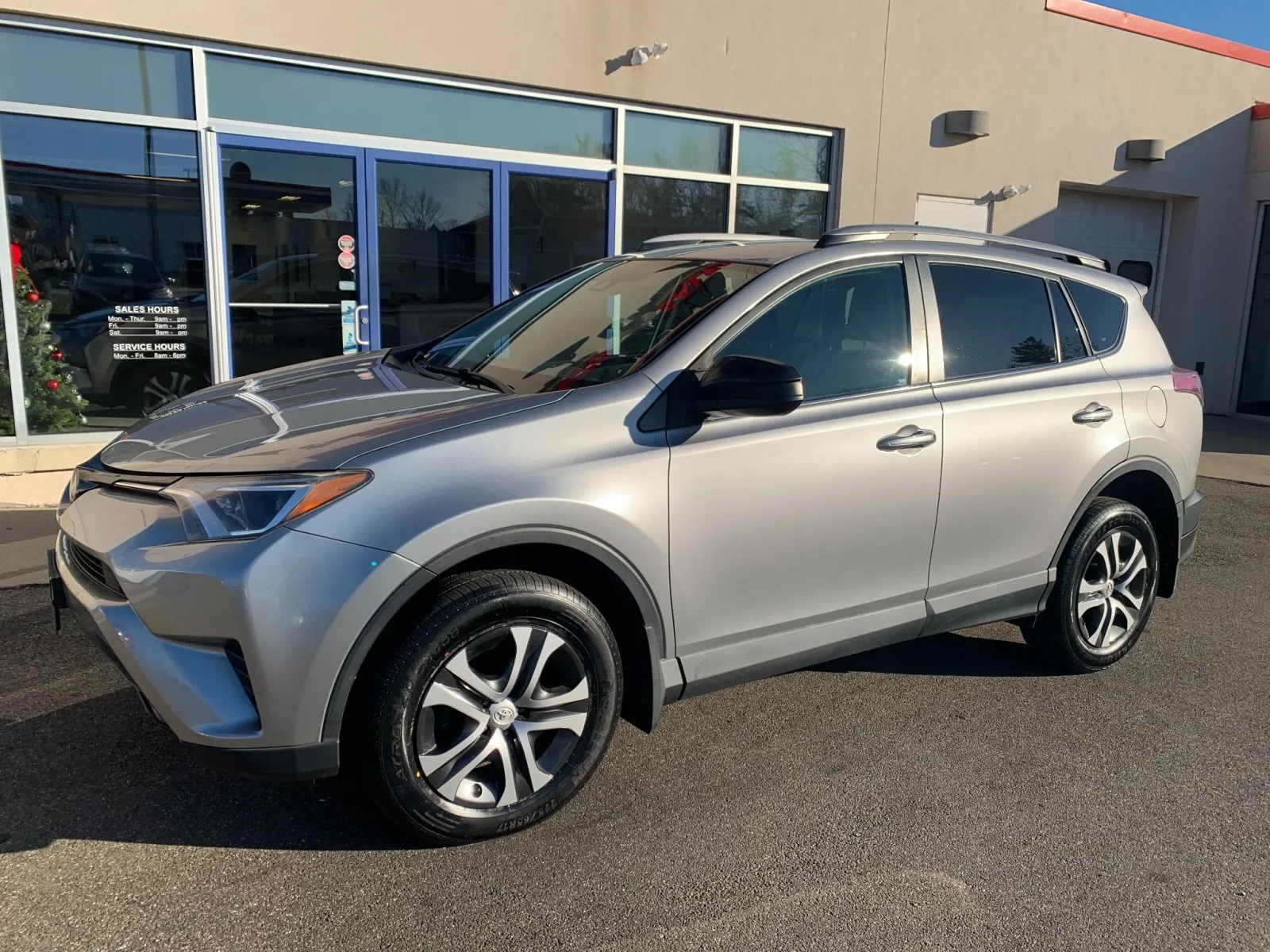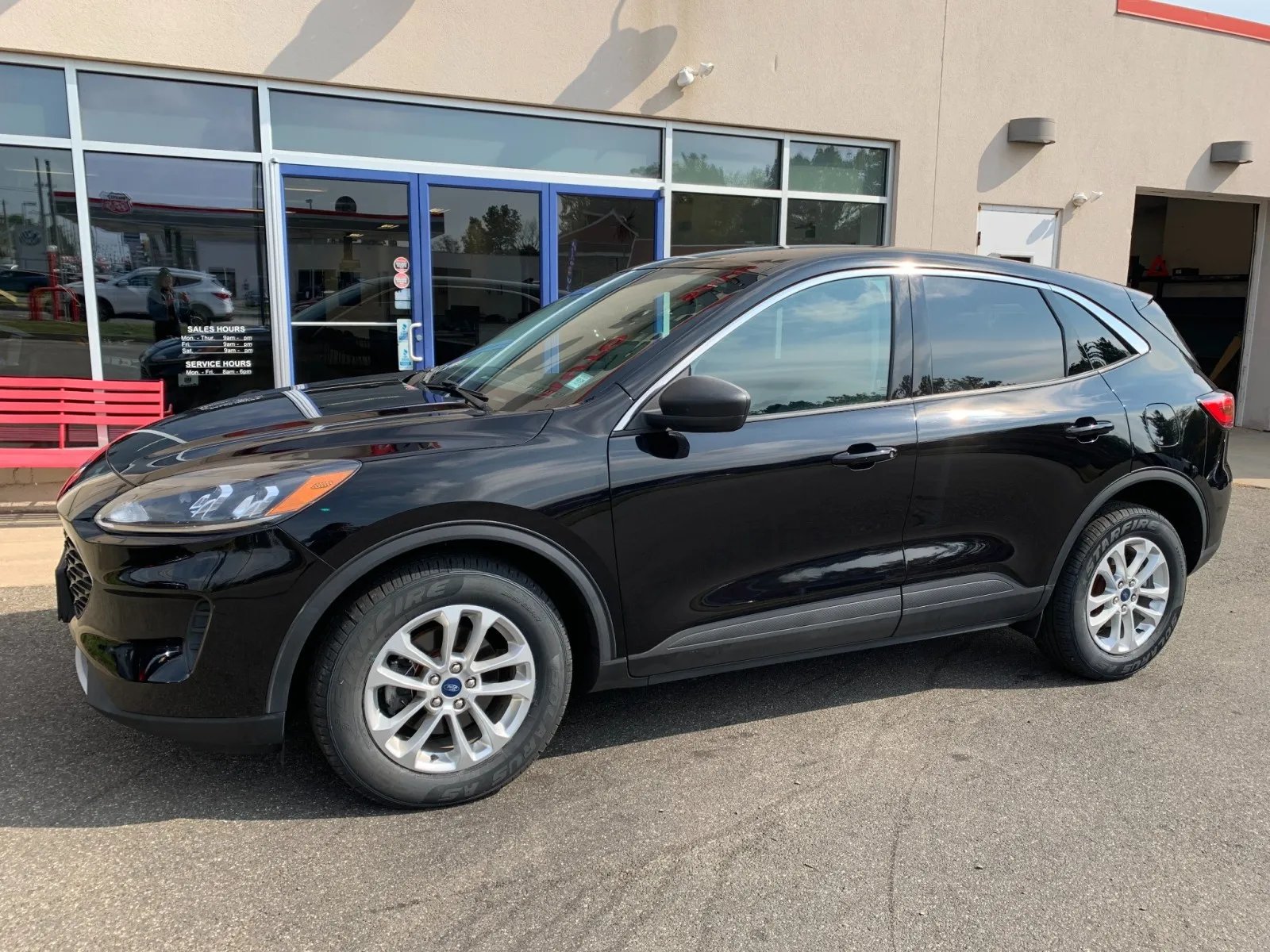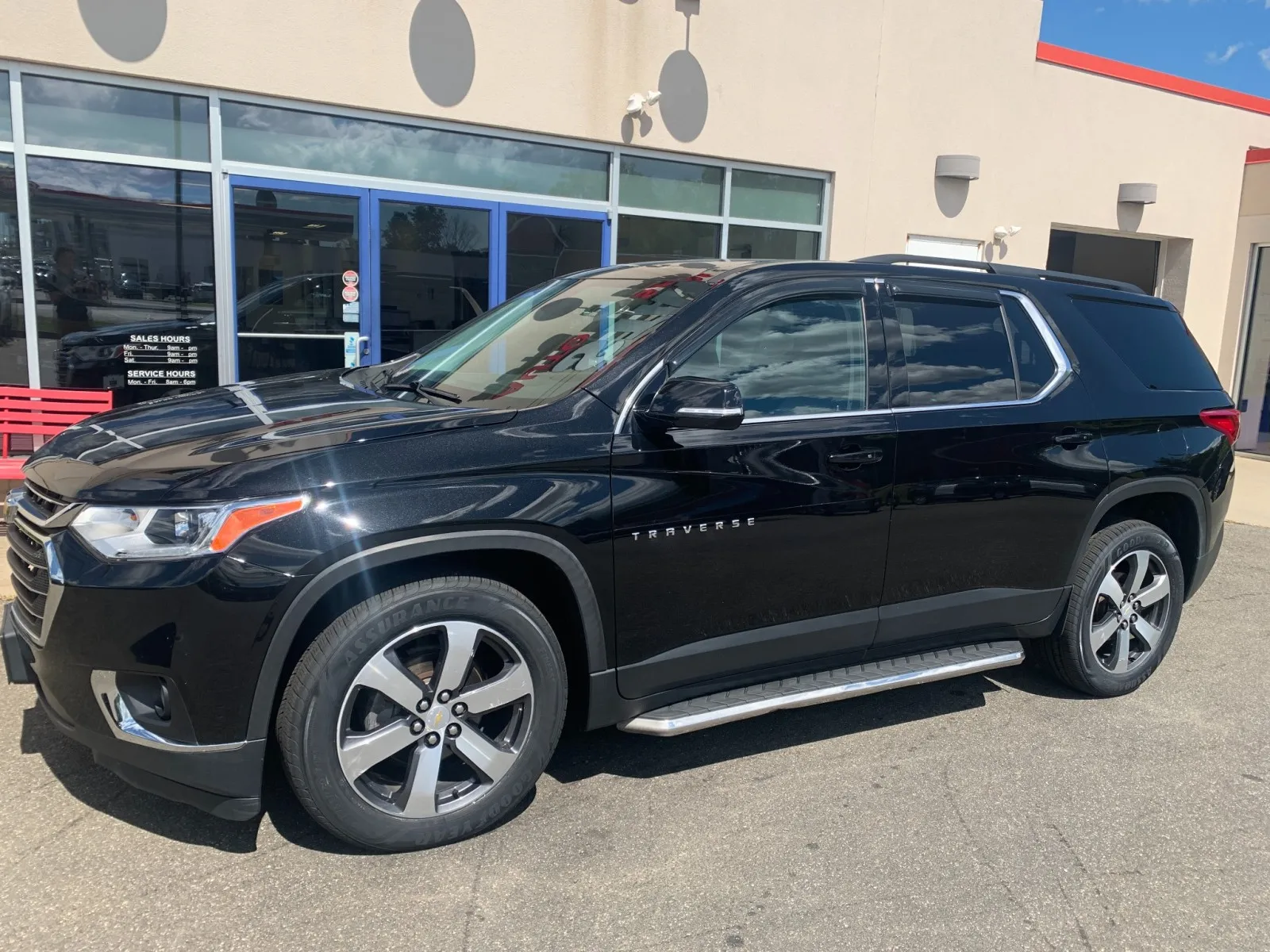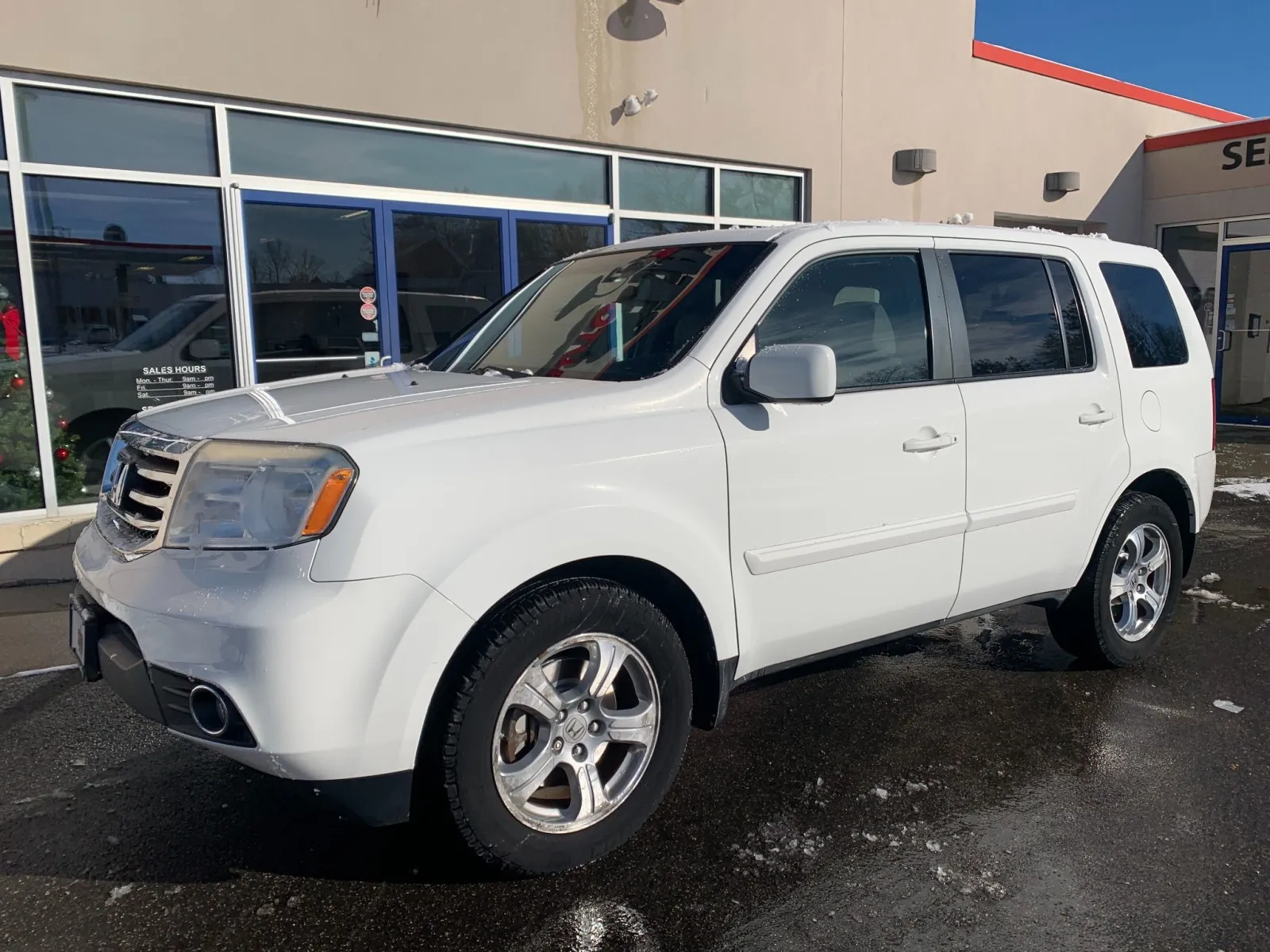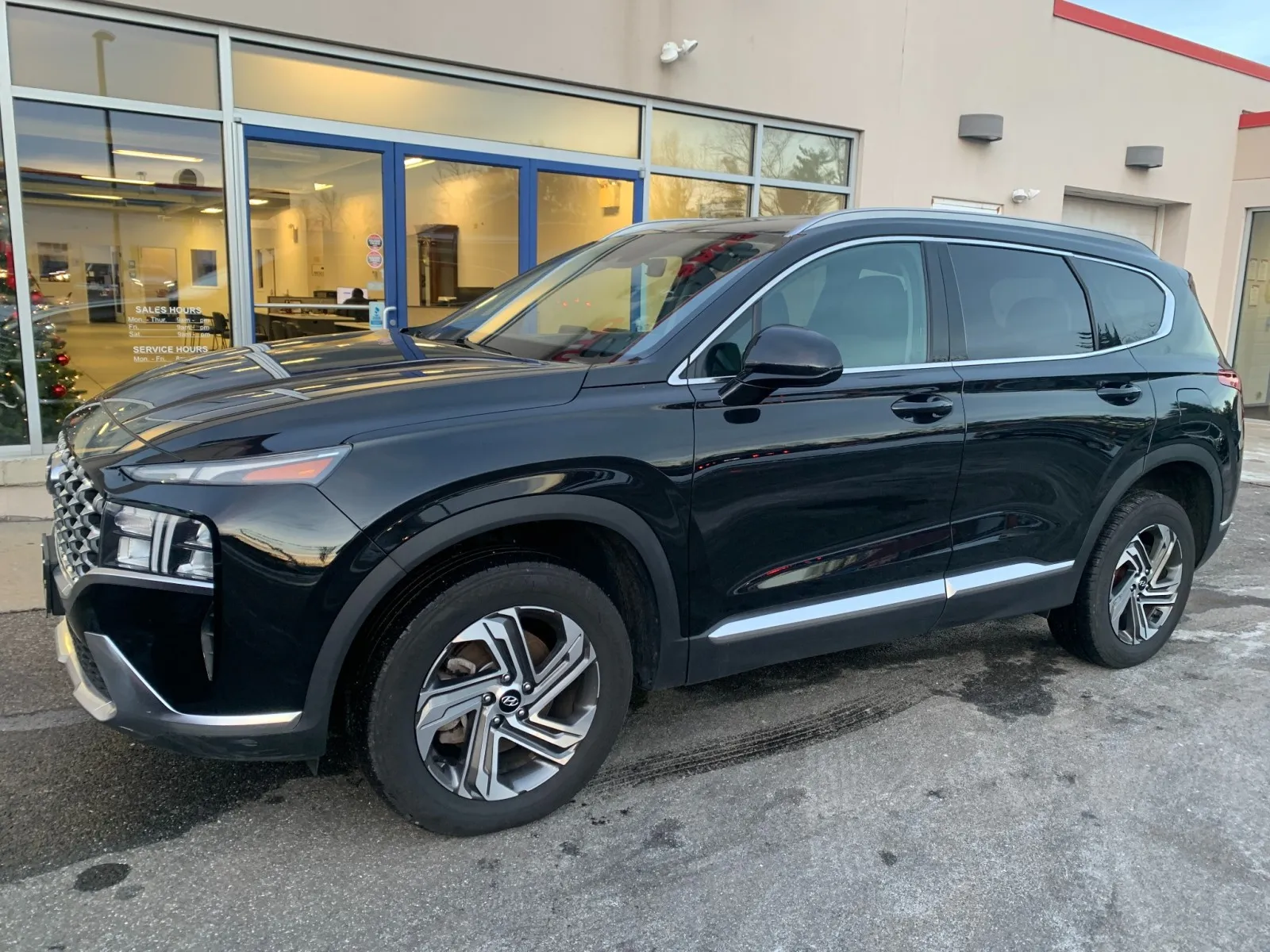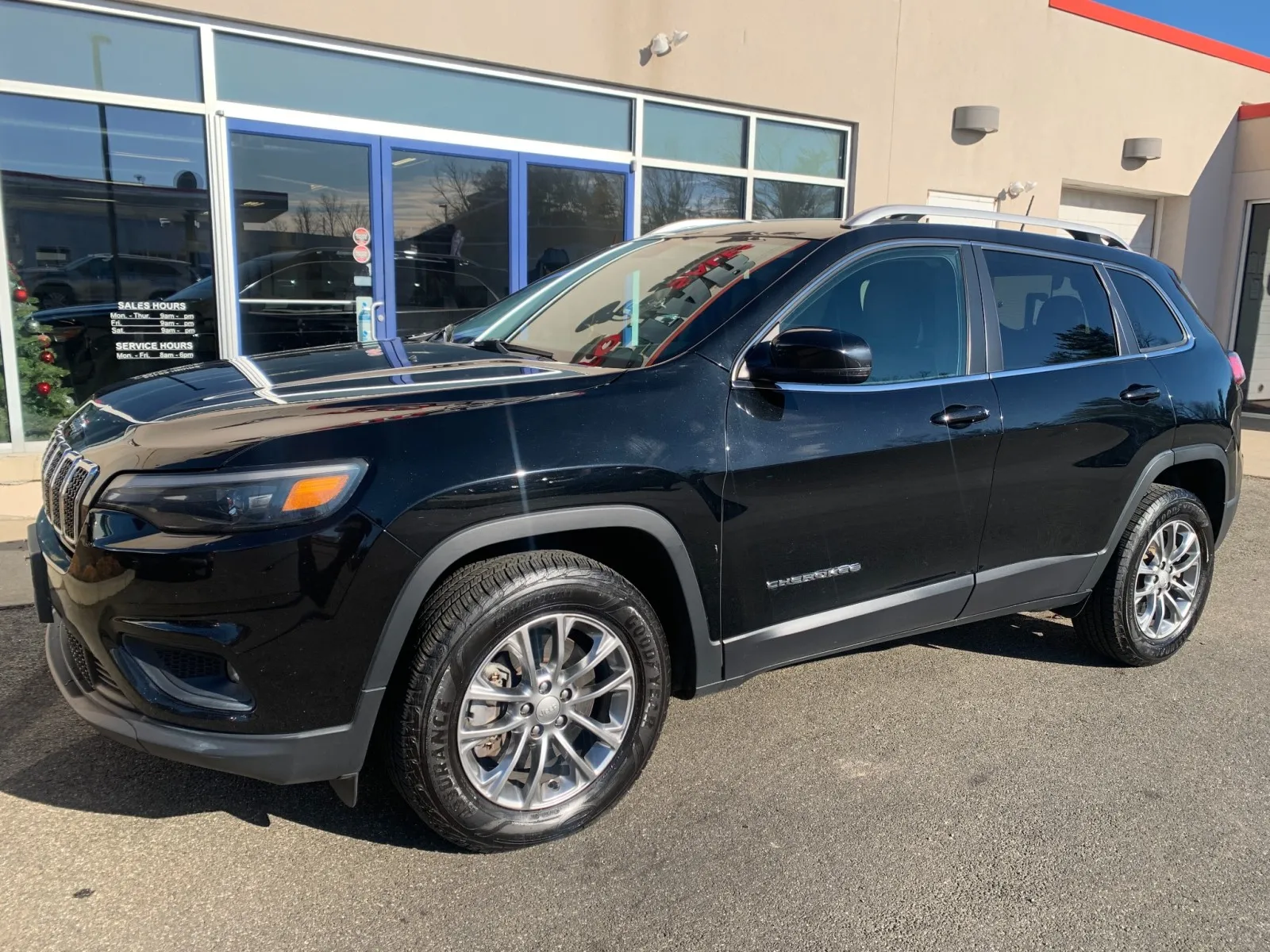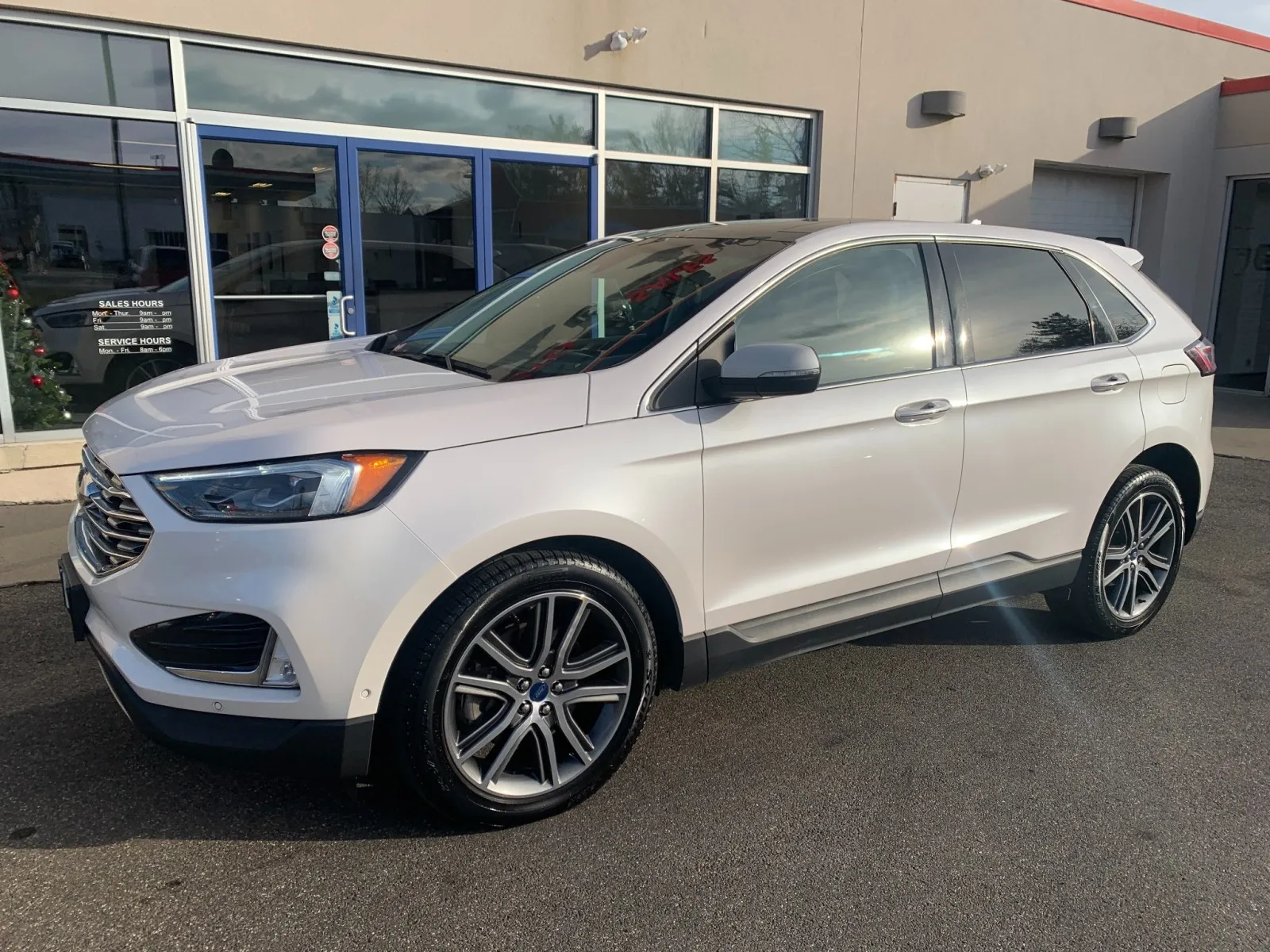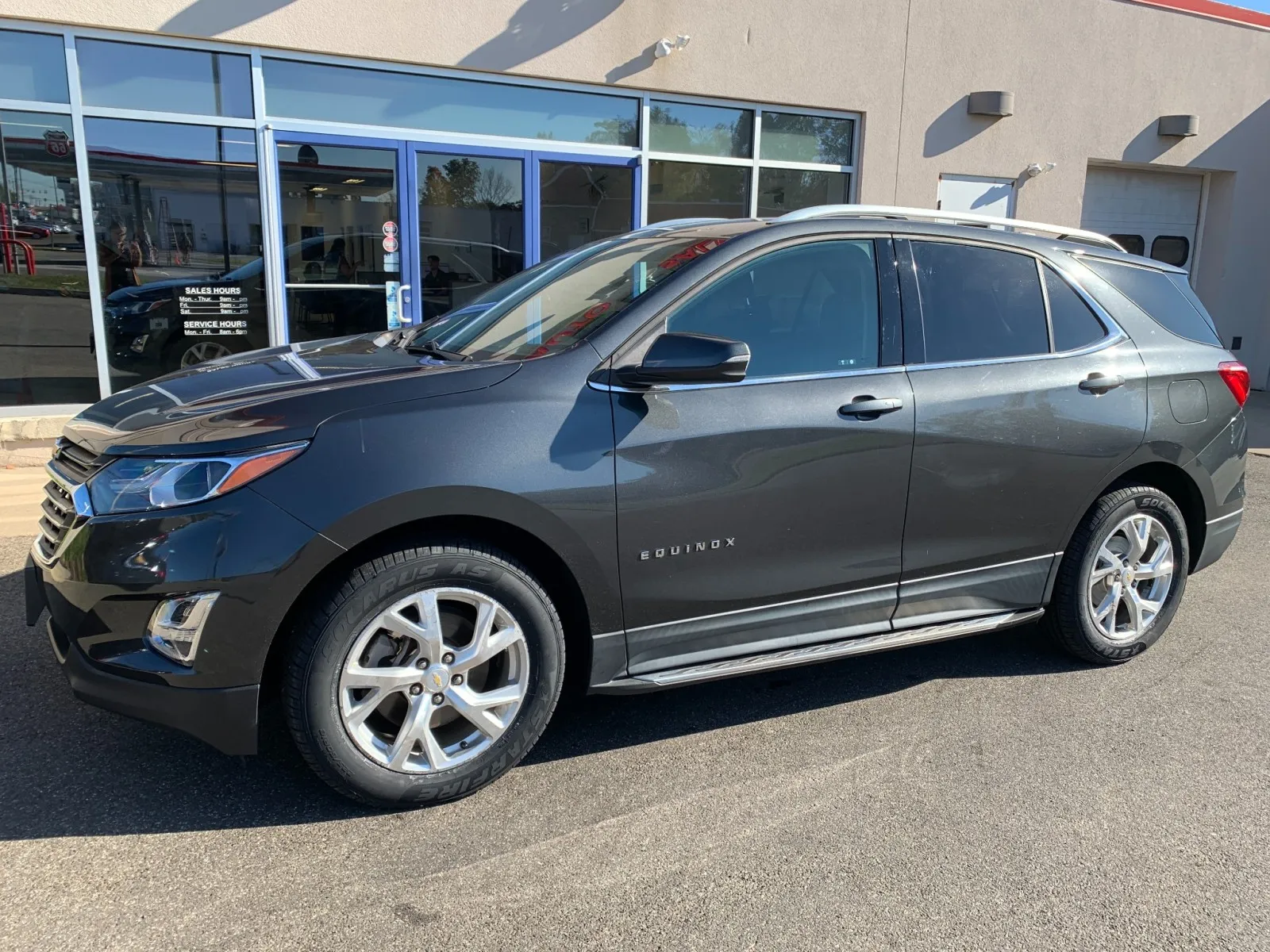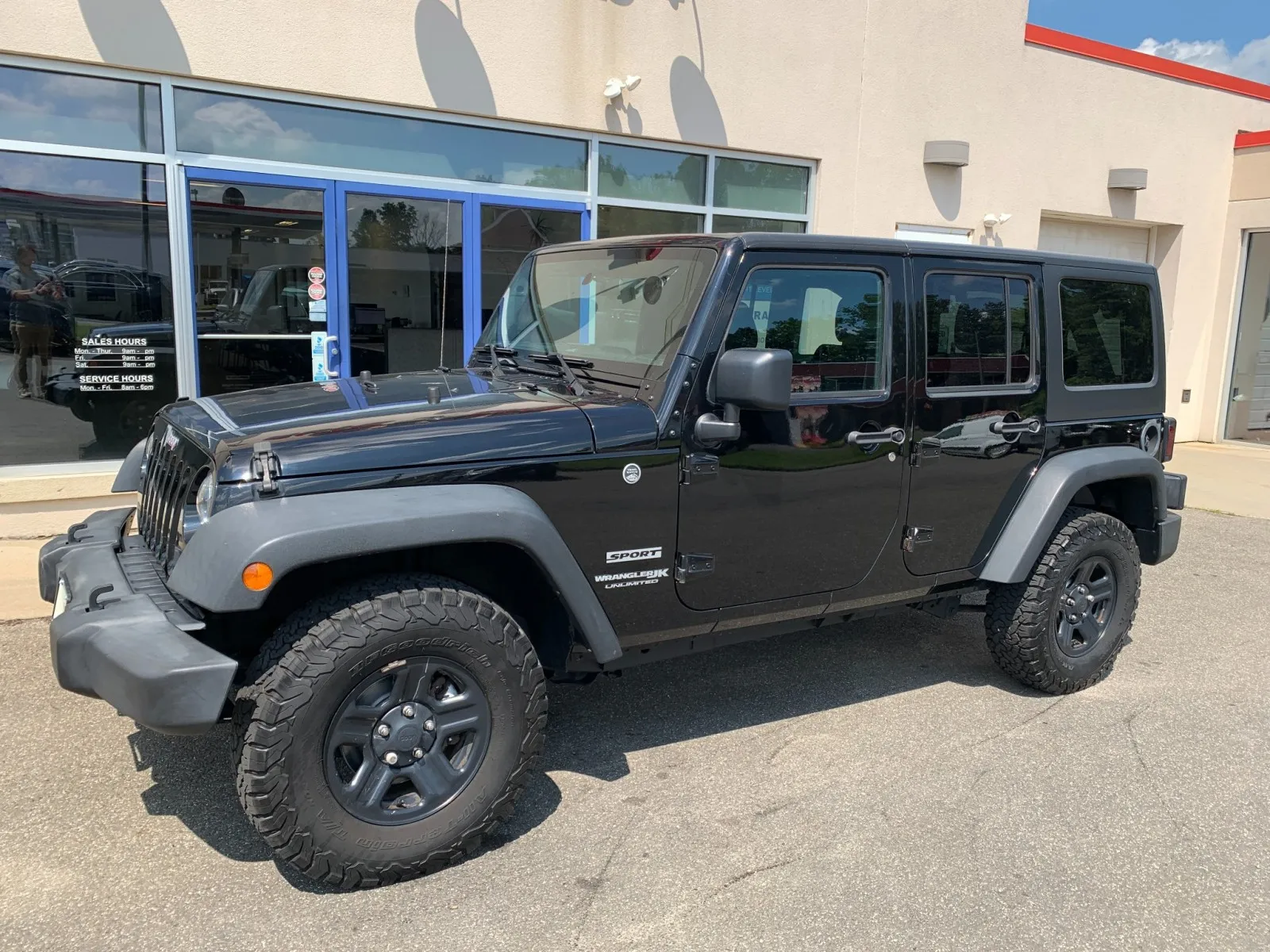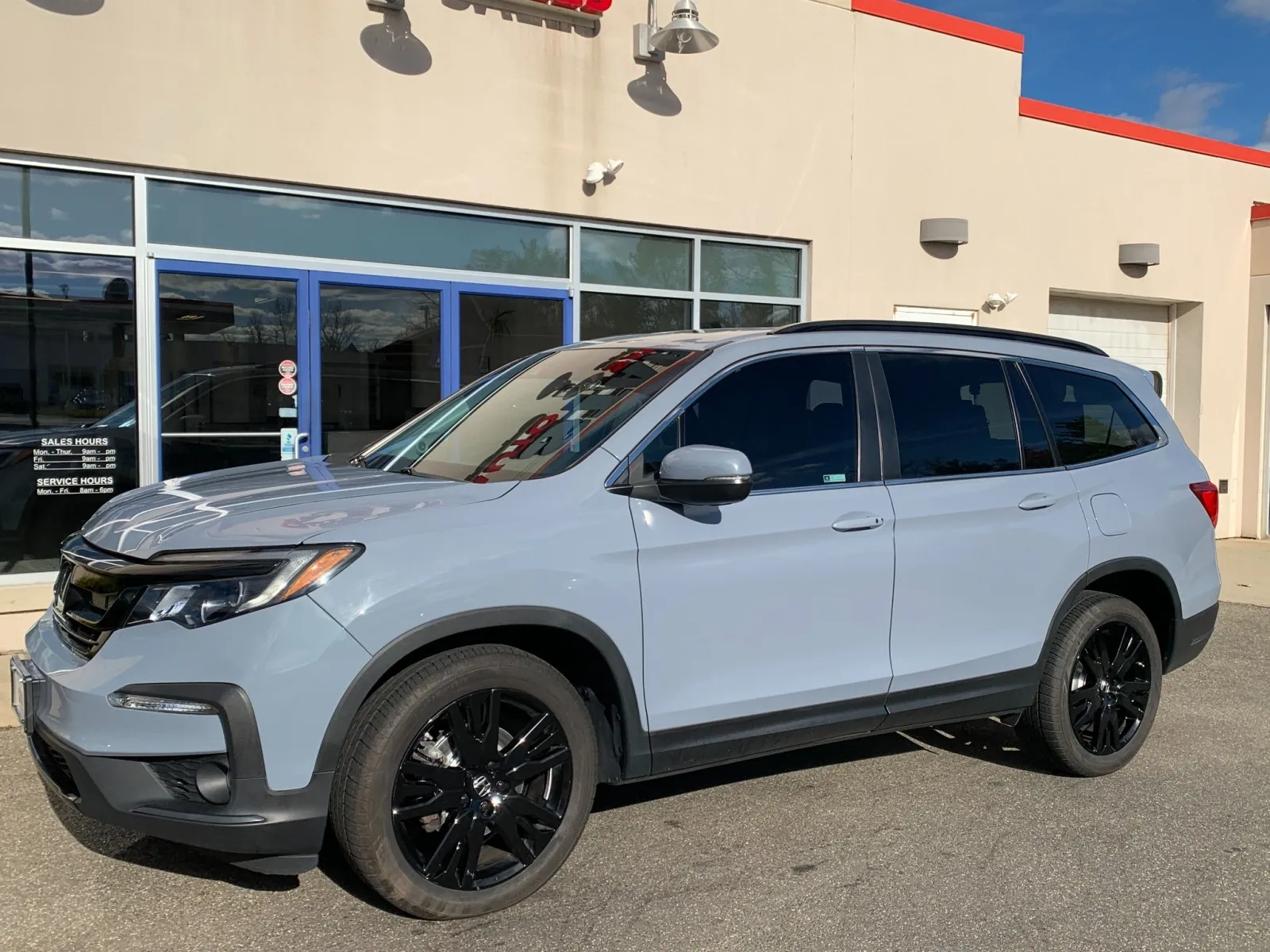Why Your Car Struggles to Start in Cold Weather
Table of Contents
Why Your Car Struggles to Start in Cold Weather
If you’ve ever tried to start your car on a freezing morning and heard that dreaded slow crank, you’re not alone. Cold weather can make starting your car more challenging, and understanding why it happens can help you take steps to prevent it. At Star Auto Sales, we want to help you keep your car running smoothly, no matter the temperature. Here’s why cold weather affects your car and what you can do about it.
1. The Battery Loses Power
Cold temperatures can significantly reduce your car battery’s ability to hold a charge. In freezing weather, a fully charged battery can lose up to 50% of its capacity. This means it has to work harder to power the starter and other electrical components when you turn the key. If your battery is already weak, it may struggle to start the car in cold conditions.
2. Thickened Engine Oil
Cold temperatures cause engine oil to thicken, which makes it harder for the engine to turn over. The oil’s viscosity increases, and the engine parts have to work harder to move. This added strain can make starting the car more difficult, especially in very low temperatures.
3. Fuel Problems
Gasoline doesn’t vaporize as easily in cold weather, which can make it harder for your engine to combust and start. Additionally, condensation in the fuel lines can freeze, blocking the flow of fuel to the engine.
4. Starter Motor Strain
Cold weather can also affect the starter motor, which needs to work harder when the engine oil is thick, and the battery is weak. Over time, this extra strain can wear out the starter motor, making it less effective.
5. Spark Plug Issues
Worn or damaged spark plugs may struggle to ignite the air-fuel mixture in cold weather. If your spark plugs are old, the colder temperatures can exacerbate the problem, making it harder for the engine to start.
What You Can Do to Prevent Cold Weather Starting Issues
- Check Your Battery: Have your battery tested to ensure it’s in good condition. If it’s more than three years old, consider replacing it before winter.
- Use the Right Oil: Switch to a winter-grade or synthetic motor oil, which flows more easily in cold temperatures.
- Keep Your Gas Tank Full: A full gas tank reduces the chance of condensation forming in the fuel lines and freezing.
- Replace Old Spark Plugs: Ensure your spark plugs are in good shape to make starting easier.
- Warm Your Car: If possible, park your car in a garage or use an engine block heater to keep the engine warm overnight.
Conclusion
Cold weather starting issues are common, but they don’t have to ruin your winter mornings. By understanding the causes and taking preventative measures, you can keep your car running smoothly even in freezing temperatures. If you’re experiencing starting problems or need help winterizing your vehicle, visit Star Auto Sales. Our expert service team is here to help keep your car in top condition all year long.



